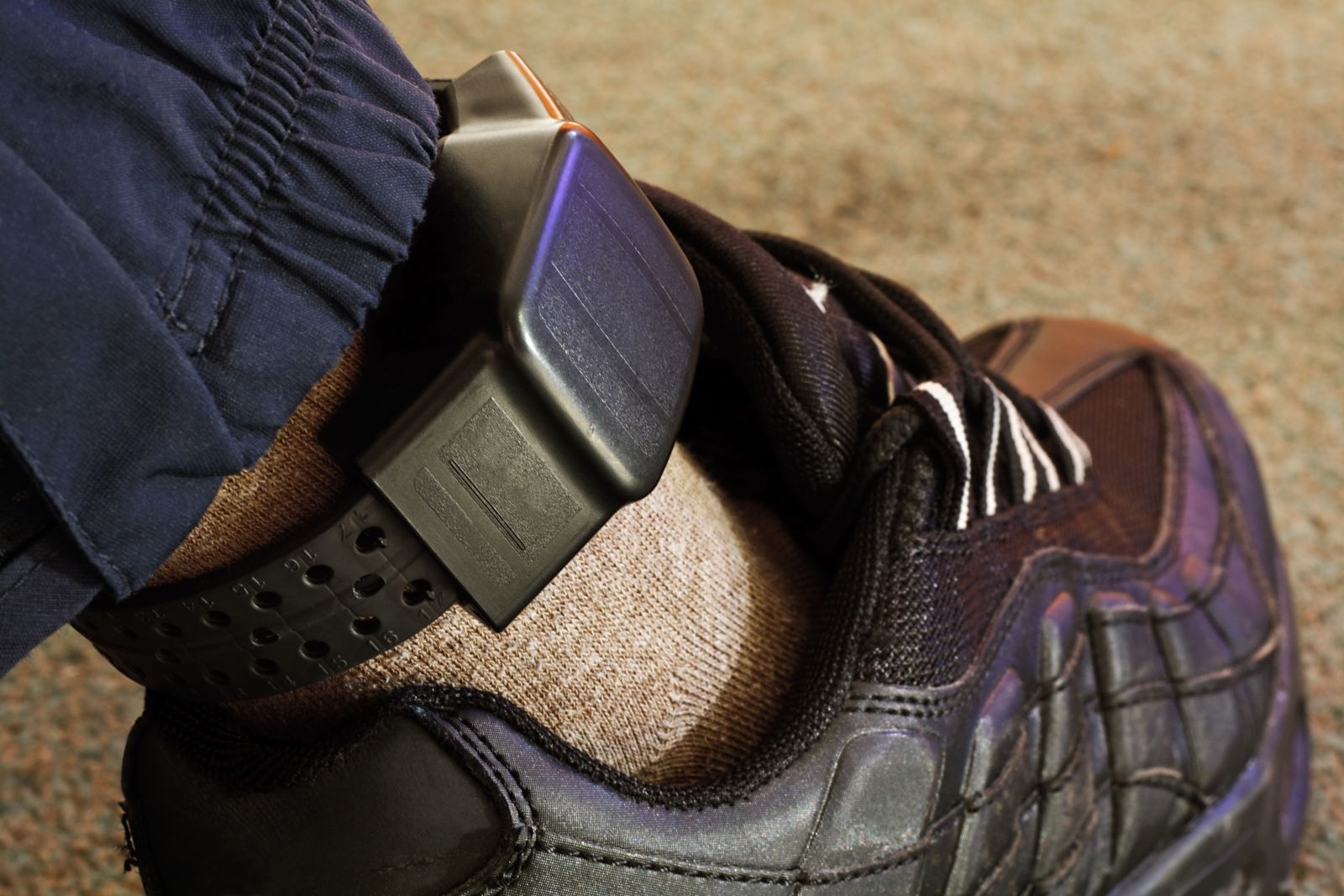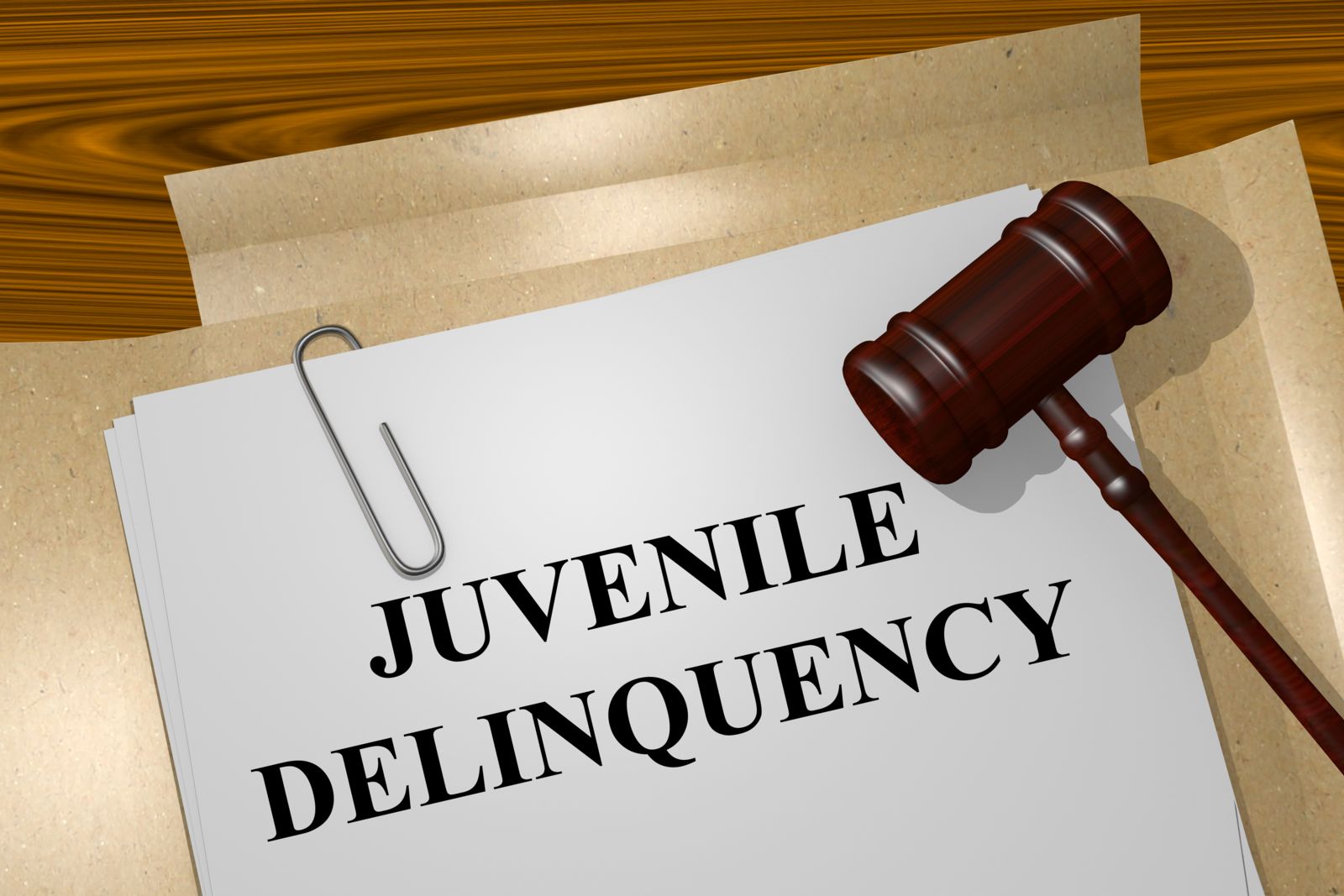Prior Convictions, ARD, & a Juvenile Record Can Be Used Against You
The decision to testify at trial or to put up a witness in your defense is often critical to any strategy, especially in a case involving possession of an illegal drug or gun. There are situations, however, where if a person testifies his or her criminal history will come into evidence and it’s important to understand when that would occur in order to make a proper determination as to whether taking the stand will help a defense strategy or damage it. In Pennsylvania, under Rule of Evidence 609 the defense and prosecution are permitted to attack the credibility of any witness (impeachment) if that person has been convicted of a crime involving dishonesty or a false statement. It would be highly unusual, however, for a defense counsel to attack his or her own witness and so this Rule, for the purposes of this blog, focuses on defense witnesses. There are situations, however, where the prosecution will attempt to introduce a witness with a prior conviction and so it’s important to understand that this is something that your criminal defense lawyer can use to your benefit as well!
While prior convictions involving dishonesty are admissible into evidence, convictions that are more than 10 years old require written notice if either side plans on introducing them into evidence. If written notice is given, the opposing side has the opportunity to contest the use of the evidence as overly prejudicial. A conviction is not admissible if it has been expunged or the person has received ARD or a pardon for it. It is important to keep in mind that cases that result in ARD may still be in the records of the prosecution. This is permitted in the event that the person attempts to utilize this program again. ARD is also admissible where a person receives it for a DUI and commits another DUI. While the person received ARD for the first DUI, the second occurrence would be treated as a second offense if the person was convicted even though the ARD didn’t result in a conviction.
Juvenile adjudications are also admissible and may be used against an adult witness to attack his or her credibility if that juvenile conviction would otherwise be used to attack the credibility of an adult (crime of dishonesty). It is important to focus on a conviction and understand that even if a person has filed an appeal of that conviction a pending appeal does not make the conviction inadmissible.
In addition to Rule 609, I encourage you to read my article on character evidence as this is also an important concept in any criminal defense. For more information on criminal defense strategies please continue to read my blog and visit the free download section of my website.
Contact Our Criminal Defense Lawyers in PA & NJ
Please click here to contact our Philadelphia criminal defense lawyers. We offer free case reviews and serve the following areas in Pennsylvania and New Jersey, Atlantic City, Camden, Cherry Hill, Chester, Conshohocken, Doylestown, Media, Norristown, Philadelphi



